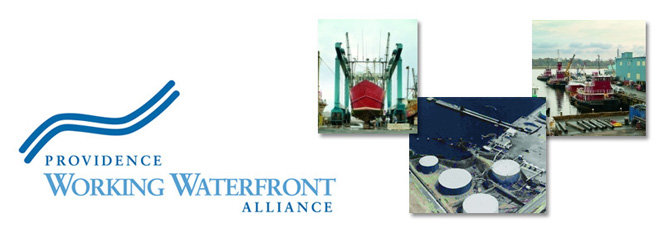Today’s Providence Journal has an excellent editorial noting how New York City mayor Michael Bloomberg has changed course from once supposing waterfront condos to now pushing for the expansion of Brooklyn’s working waterfront and good blue collar jobs:
Nothing like a recession to inject a little realism into people’s thinking. New York Mayor Michael Bloomberg has reversed course on opposition to a $7 billion freight-rail tunnel under New York Harbor connecting Brooklyn and New Jersey. Not long ago, when New York financial-services industry was booming and the city coffers were flush, Mr. Bloomberg opposed the tunnel, and most other efforts to develop what remains of the city’s working waterfront. In those days, “condo to the max” was the rule. Water views command the highest rents.
Now many of those masters of the universe are gone, or are lying low. High-end condominiums are going begging and New York City is, like many other municipal and state governments, looking for replacement cash. Suddenly, gritty port activities don’t look so bad, in part, perhaps, because they aren’t so gritty.
Recently, the mayor went to the South Brooklyn Marine Terminal to announce a $165 million plan to revitalize the many under-used industrial buildings, with the aim of modernizing them to attract new industrial tenants. He hopes to boost blue-collar jobs in the city. What a change from the mania for loft-condo conversions of yore.
These initiatives indicate that New York’s famous economic-development instincts are still sharp. They will position the city to remain one of the world’s great ports.
New York is fortunate. Even though much of the waterfront near Manhattan has been rezoned as residential, there is still some left in the city, mostly in Brooklyn. Other cities aren’t so plentifully endowed with waterfront. They rezone it for condos and restaurants at their peril. A longshoreman makes a lot more than a bus boy or a maid.
Providence city officials should follow Mayor Bloomberg’s example and abandon plans for waterfront condos and hotels in the Port of Providence, and instead promote the expansion of marine-industrial businesses and the good blue collar jobs they provide.

